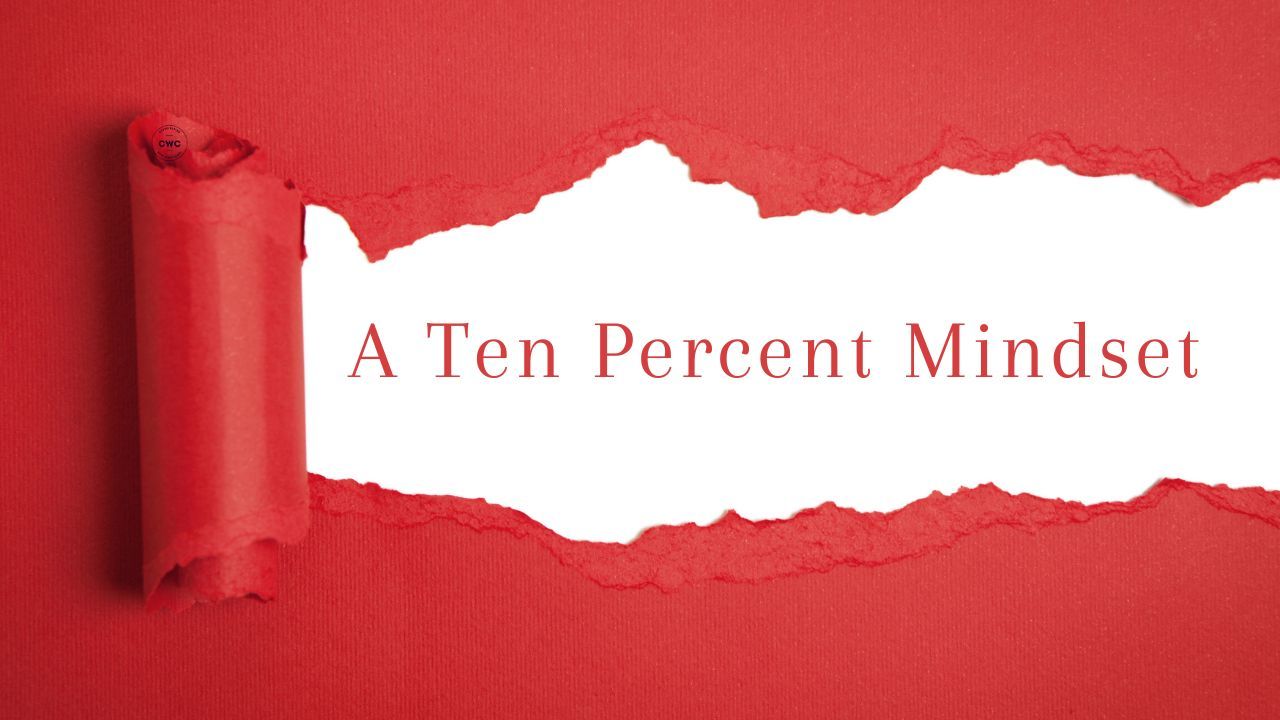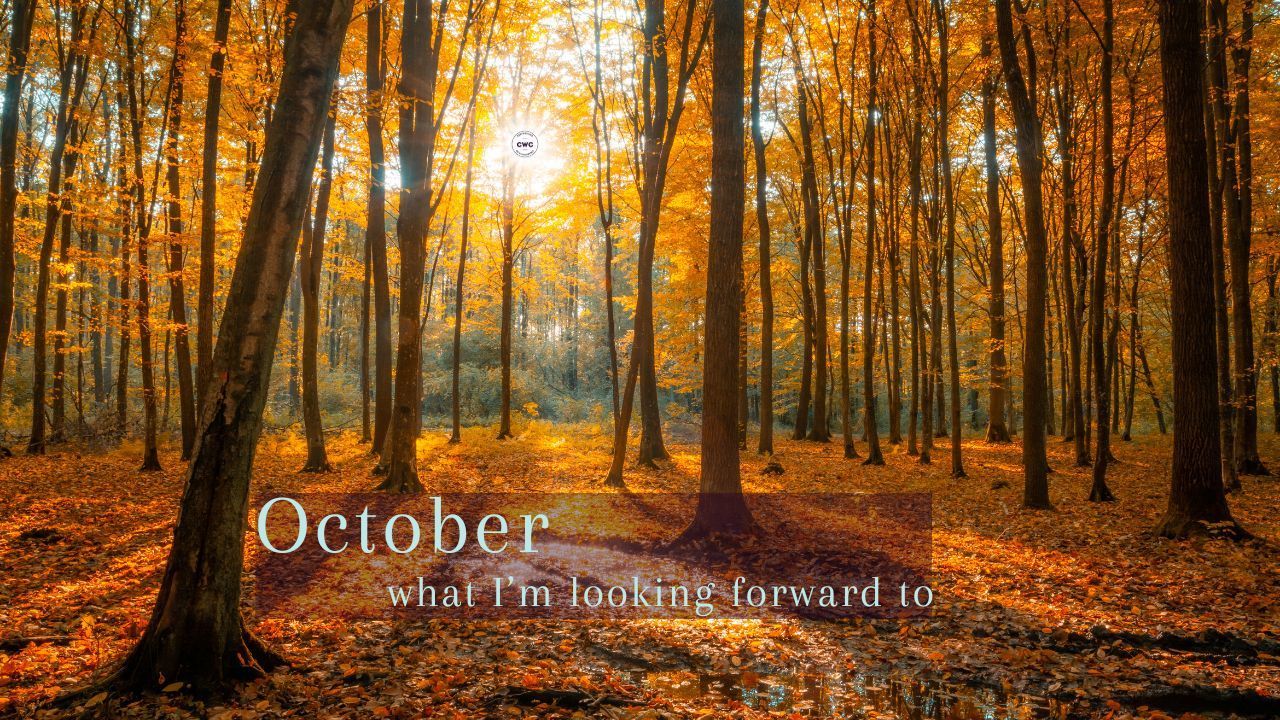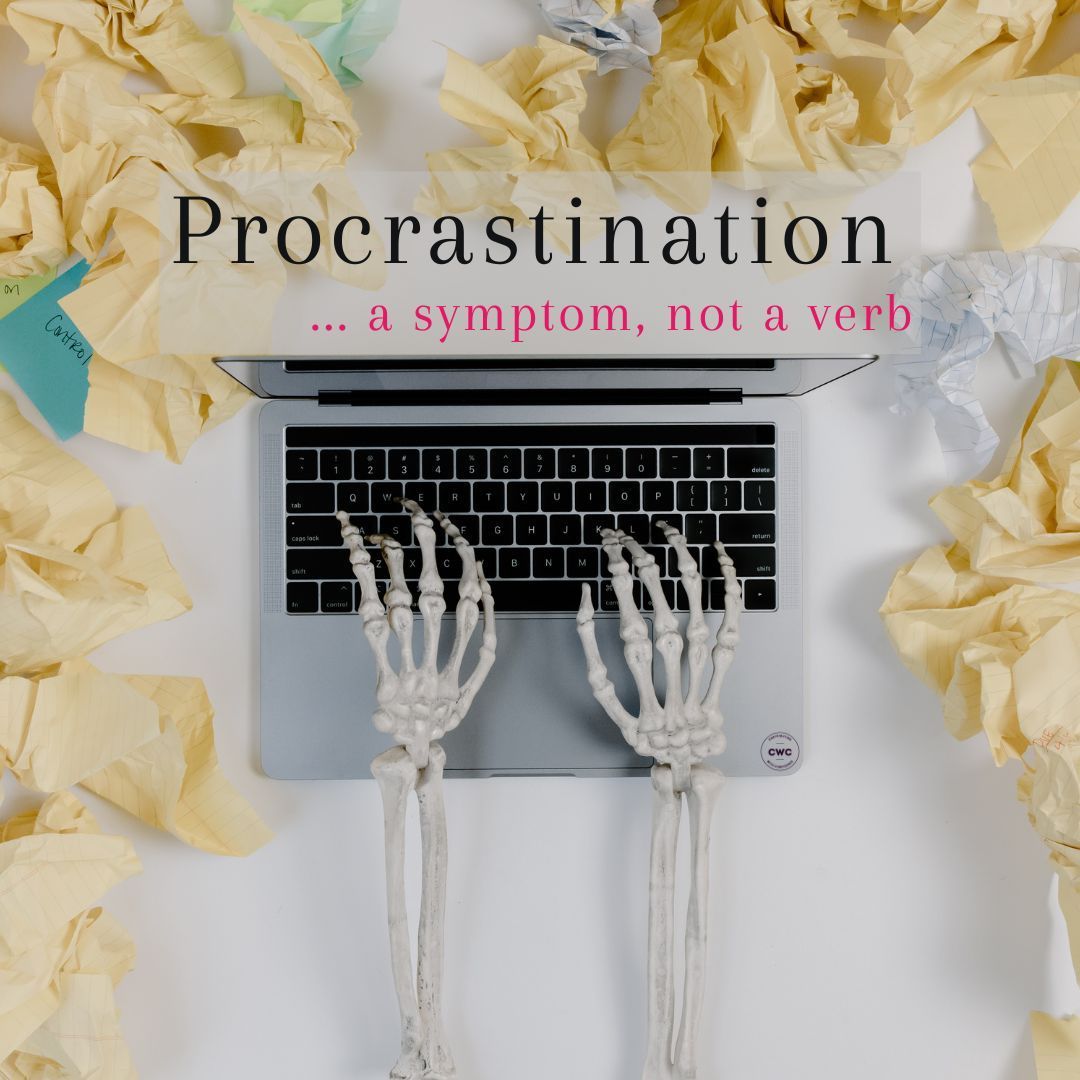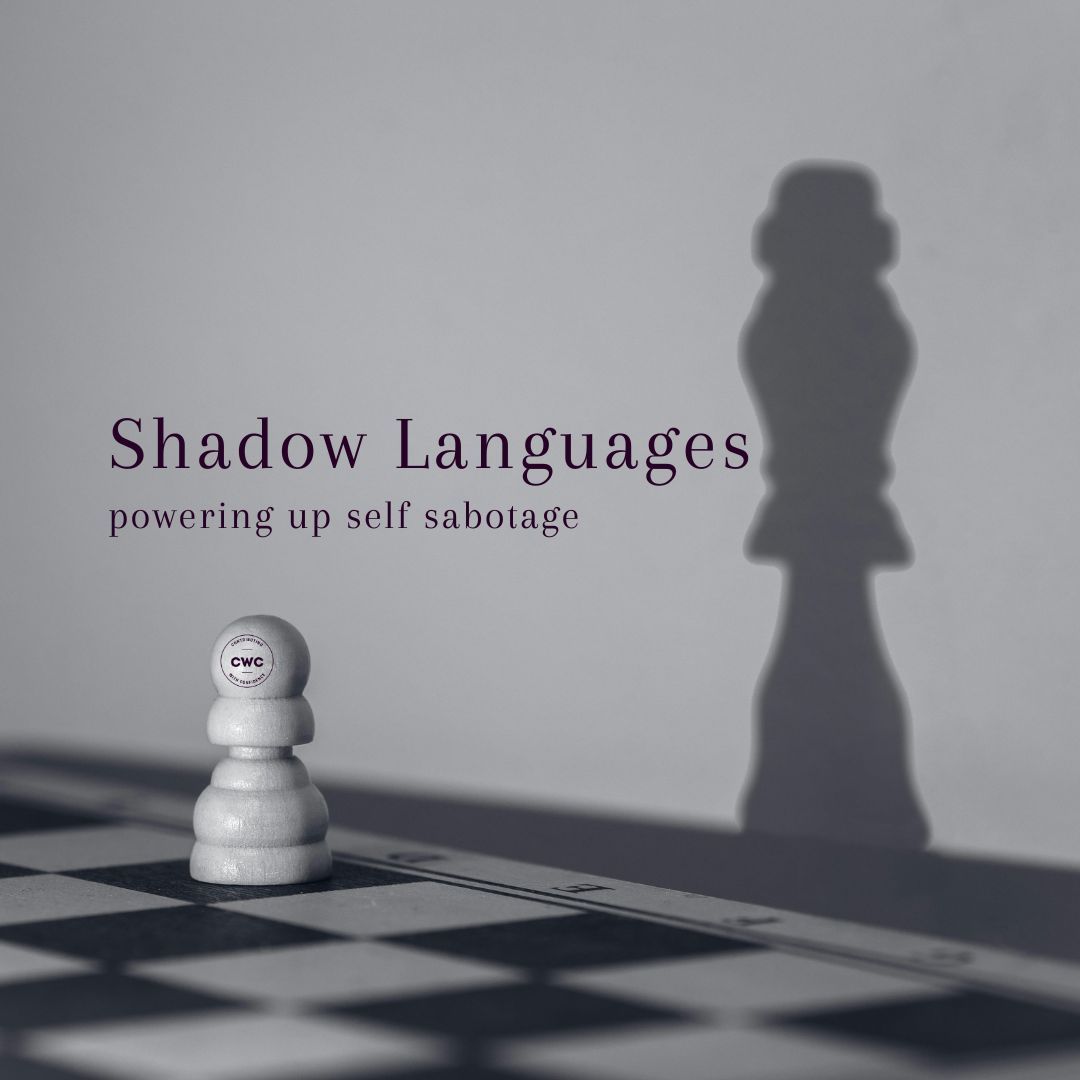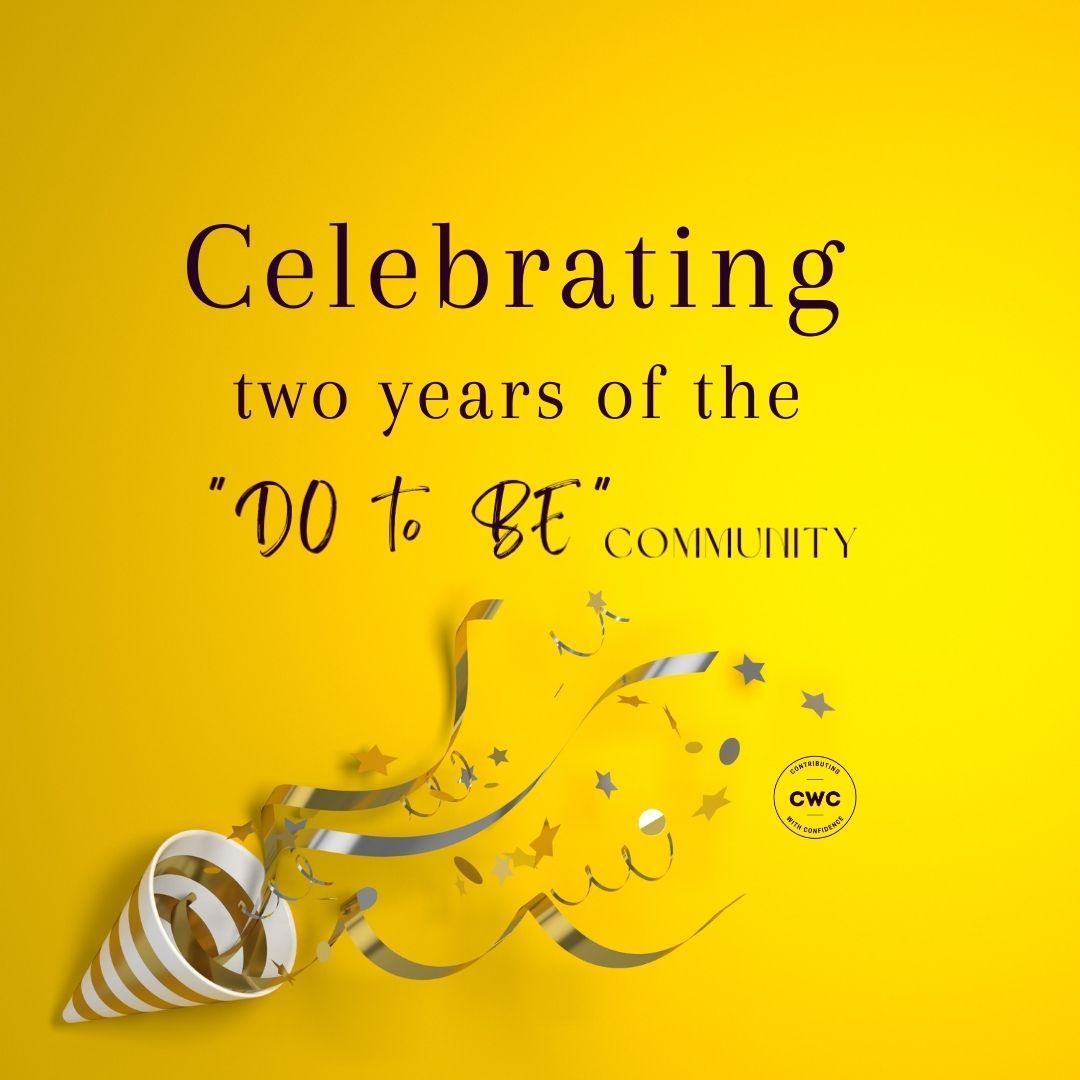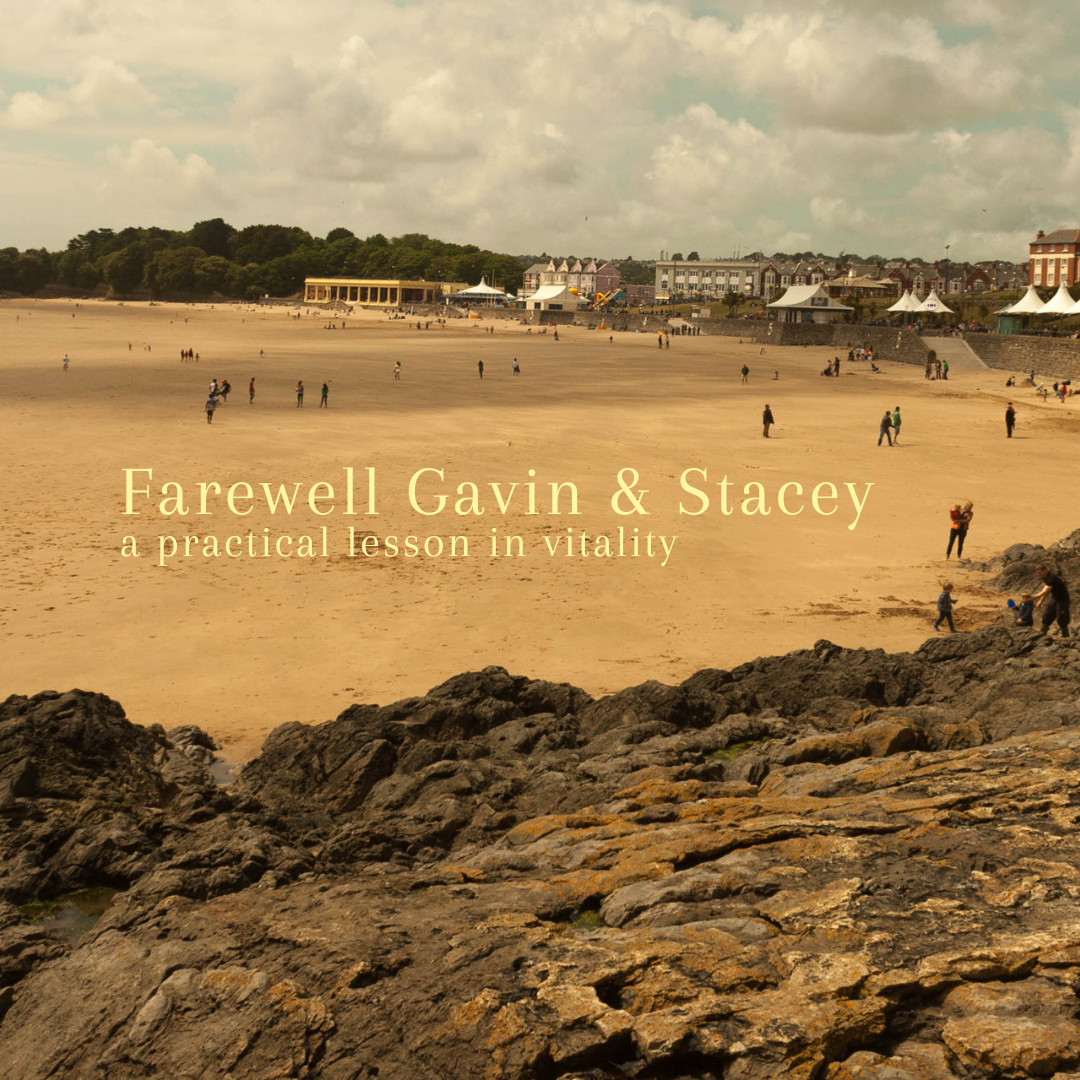Small charities rock!
Why do I love small charities?

It is the passion about the Purpose. That passion and Purpose are present in the action being taken. Even if there are staff, everyone has contact with the people, places or species that they work with.
People care and there is usually a ‘Can Do’ attitude, even if volunteers are still fatigued, following their efforts responding to unanticipated challenges that were thrust upon them in last few years.
There is greater flexibility and nimbleness in the way that the organisation can respond to opportunities, even if resources are limited.
People make things happen – sometimes truly remarkable levels of spinning straw into gold at Rumplestiltskin+ level.
The flipsides?
Sometimes, there is an attitude that everything must be done on a shoestring which can cloud decision making. There is a very important question, which I was reminded of recently when in conversation with a Treasurer of a sports club ‘What is the cost of NOT doing it?’. For people grappling with the ‘what ifs’, there’s another Smart Prospects article which digs into this area: ‘Yes, but how do I know that is for the best?’
The most problematical downside is when people care so much that boundaries become eroded, and the work of the charity takes precedence over their own needs. This creates two issues: martyrdom, which makes it difficult for anyone else to step in; and burnout.
The martyr effect is usually in play when one person is doing nearly everything, but banging about, tutting and sighing as they do it. Should anyone be foolhardy enough to help, they are likely to be swiftly criticised for doing it all wrong. So people stop volunteering, resulting in a tighter, deeper spiral away from a healthy and inclusive volunteering model.
The route out? Let’s not muck about… removal of ego and any sense of hierarchy of contribution. Tough conversations may be required too, but the organisation will be a better place for it.
Burnout. This is so sad to see. It is the logical endpoint of failing to prioritise basic personal needs of sleep, physical exercise and downtime. The most valuable resources in any small not-for-profit organisation are time and energy. If the people contributing their skills, expertise, experience, passion and enthusiasm burnout, the charity will suffer.
It isn’t just a matter of loss of a valuable person; if a charity is allowing its people to operate in this way it says a lot about the cultural values and congruence of that organisation. Potential supporters, donors, staff and volunteers usually assess incongruence before getting involved.
If you love your small charity too, you will fiercely prioritise your needs.

